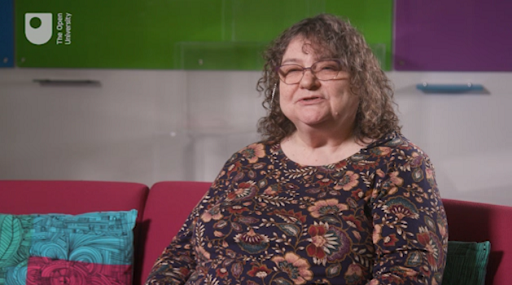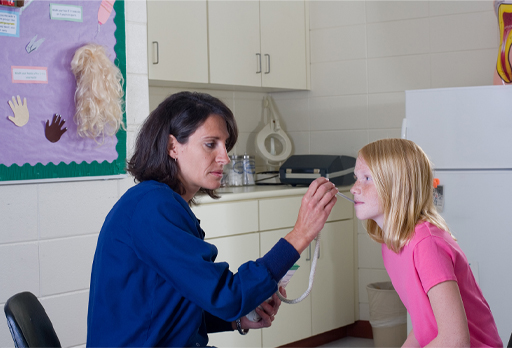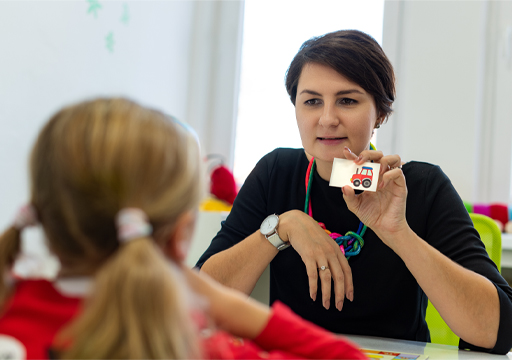1 Professionals involved in children’s mental health
There are many health and social care professionals who work to support, treat and ultimately to improve the mental health of children.
Here are examples of professionals who may work with children, and their roles and responsibilities.
Educational psychologists: have studied psychology and have taken additional training and study to specialise in working with children and families in education settings. Psychologists are not medical doctors (which include psychiatrists) and therefore do not prescribe medication. They can assess children and recommend interventions to support children experiencing social and emotional difficulties.
Activity 1 The role of an educational psychologist
Watch the following interview with Liz talking about her work as an educational psychologist (about 5 minutes). Then reflect on each of the questions that follow and make a note of your responses. Watch the clip a few times if that helps you recall what was said.

Transcript: Video 1
Health visitor: a registered general nurse who has done additional training to become a registered health visitor. Their role is primarily public health orientated and specifically focuses on working with children aged 0–5 years and their families.
Psychiatrists: medical doctors who have taken further training to study the speciality of psychiatry. Child and adolescent psychiatrists have specialised further and work with children with mental health conditions in both the community and inpatient mental health units. Psychiatrists can diagnose mental health conditions, prescribe medication, provide psychotherapy (i.e. talk-based therapies) and make recommendations for other interventions. They usually work in NHS-funded multidisciplinary teams with other professionals, including mental health nurses.
School nurse: a registered nurse who has done additional postgraduate training to become a specialist in children’s physical and mental health.
Social workers: support children and their families, helping to protect children’s rights and safeguarding children. They build relationships between agencies and help advocate for the child and ensure they receive the formal supports and resources that they are entitled to.
Special educational needs coordinators: often referred to as SENCOs. This role is statutory as part of the Special Education Needs and Disability (Department for Education and Department for Health and Social Care, 2014) legislation, which requires education settings to have a designated teacher who coordinates the special educational needs of children.
Activity 2 The role of the SENCO
Watch the following clips from an interview with Christine about her role as a special educational needs coordinator. You can either watch the clips all together or one at a time at your own pace.
Teaching assistants: perform many important roles within schools, either working alongside the class teacher with targeted children who have special needs, or with small groups of children to help boost maths and literacy skills in particular. In more recent years their role has expanded, and some teaching assistants with higher-level formal qualifications have received further training to help them to nurture the wellbeing of children throughout the school.
Mental health nurses: Some mental health nurses have received further training and work in Child and Adolescent Mental Health Services (CAMHS) either in the community or in inpatient units, making them experts in supporting children with mental health conditions. Other health and social care professionals also specialise in child and adolescent health and work in CAMHS too, including social workers, practitioner psychologists (including clinical psychologists), child psychotherapists (specialists in talk-based therapies) and occupational therapists.
Therapist: A range of specialists who are skilled in a particular therapy or field, which can include the disciplines of speech and language therapy, psychotherapy, family therapy (where a therapist works together with the family unit in systemic therapy) and occupational therapists. All can make a valuable contribution to children and their mental health.
Introduction





